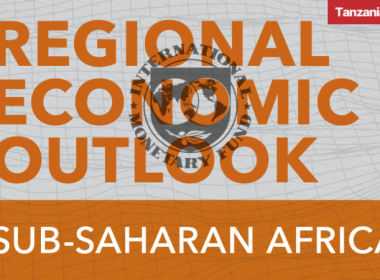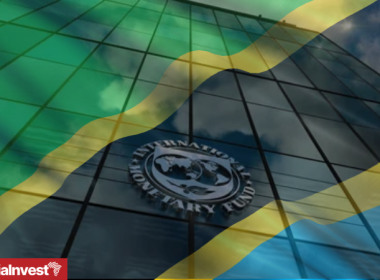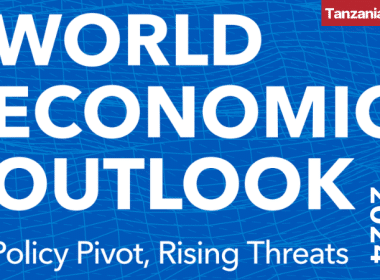IMF
 Tanzania joined the International Monetary Fund (IMF) in 1962. The Resident Representative of the IMF in Tanzania is Jens Reinke.
Tanzania joined the International Monetary Fund (IMF) in 1962. The Resident Representative of the IMF in Tanzania is Jens Reinke.
IMF involvement in Tanzania’s economic transformation and programs has evolved in three phases: liberalization, 1986–95; macroeconomic stabilization and structural reform, 1996–2006; and consolidation of reforms and policy support since 2006.
As IMF’s financing has become less critical for Tanzania, the fund provides policy advice to the country via its Policy Support Instrument (PSI), designed for low-income countries that do not want—or need— IMF’s financial assistance, a tool that provides advice and support without a borrowing arrangement.
An IMF team visited Tanzania from 20th February to 4th March 2020 to assess the state of the national economy.
At the end of the visit, the head of the mission Enrique Gelbard highlighted a number of reforms needed, particularly tax reforms.
In June 2020, the IMF approved a grant under its Catastrophe Containment and Relief Trust (CCRT) to cover Tanzania’s debt service falling due to the IMF from 12th June to 13th October 2020, for the equivalent of USD 14.3 million.
And in October 2020, the IMF approved a second six-month tranche of USD 11.6 million for debt service relief to cover the debt service of Tanzania from October 14th, 2020 to April 13th, 2021.
In May 2021, the President of Tanzania Samia Suluhu Hassan held a virtual conversation with the Managing Director of the IMF Kristalina Georgieva to discuss further cooperation.
As a result, on 7th September 2021, the IMF approved USD 567.25 million in emergency financial assistance to support Tanzania’s efforts in responding to the Covid-19 pandemic by addressing the urgent health, humanitarian, and economic costs.
In June 2022, the IMF Staff Reaches Staff-Level Agreement on an Extended Credit Facility Arrangement with Tanzania and in July 2022 the IMF Executive Board approved a 40-month, USD 1,046.4 million ECF arrangement.
As of the latest developments, the IMF staff and Tanzania have reached a staff-level agreement on the second review of Tanzania’s ECF program, which aims to support the country’s economic recovery, maintain macro-financial stability, and promote sustainable and inclusive growth.
Last Updated: 5th November 2023









